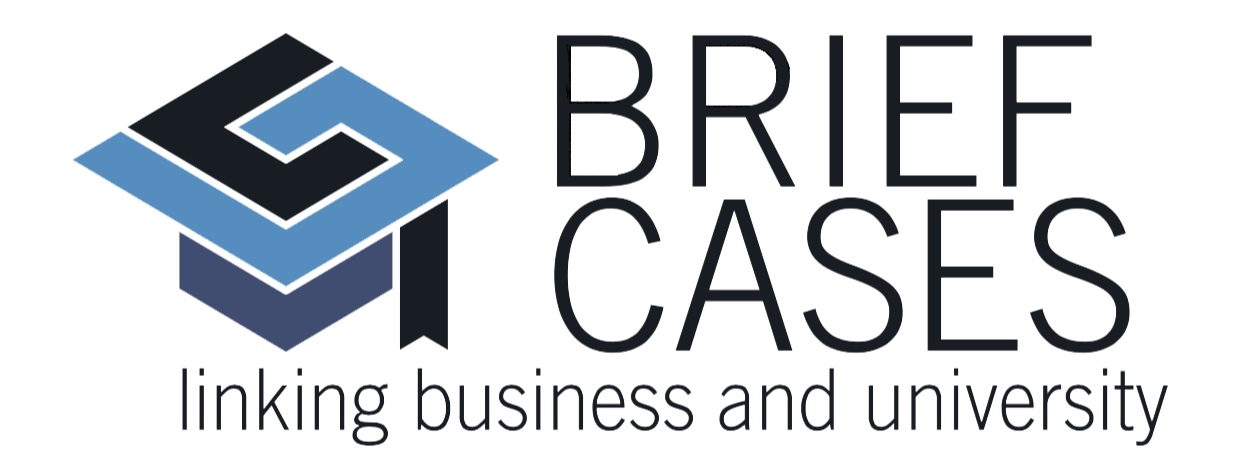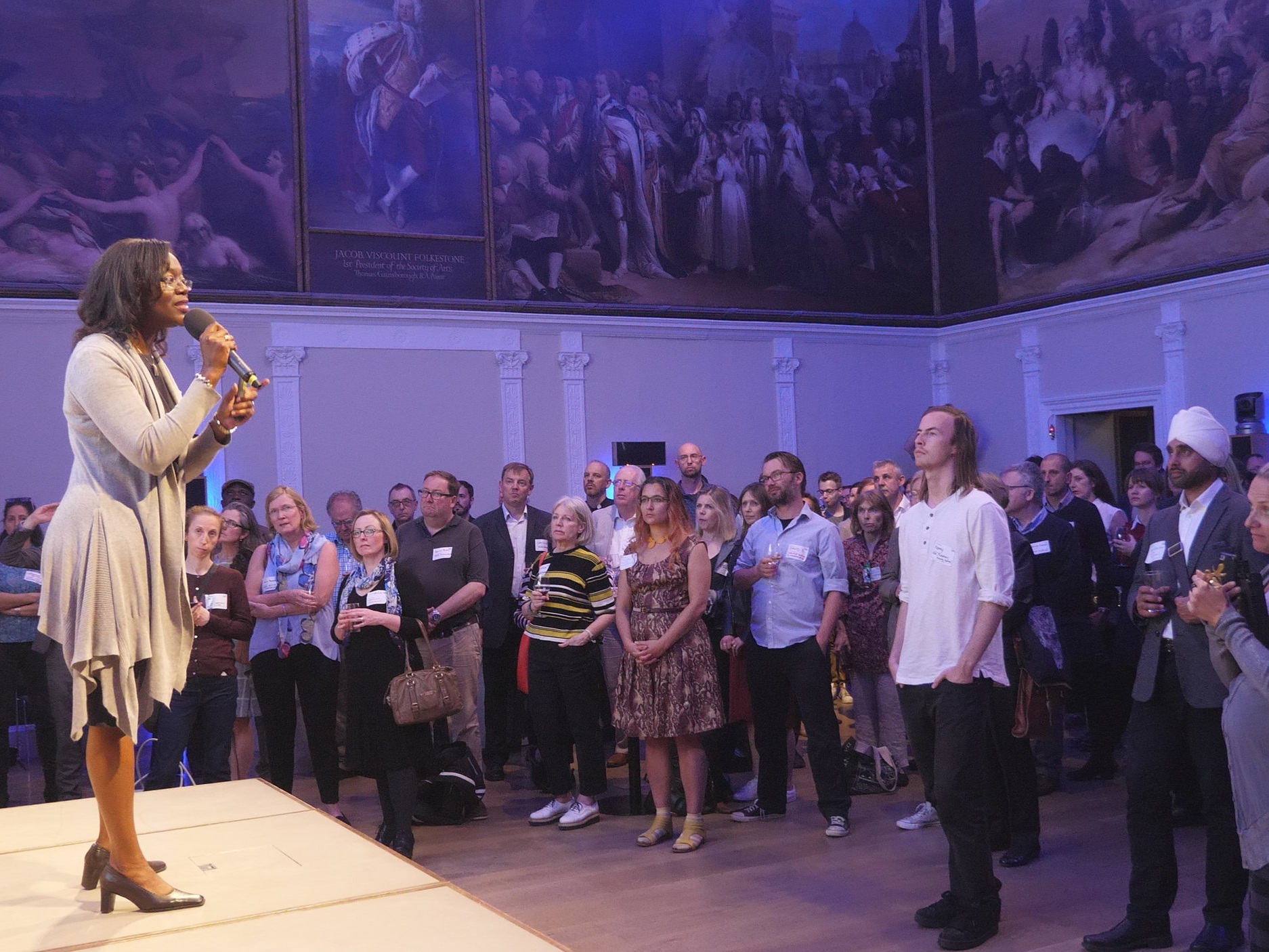About
Some say that there is a disparity between what students learn, and what business and industry actually need from new recruits.
Brief Cases, a model for co-operation between academia and industry, provides a range of challenges across various disciplines and pathways to enable student participation and engagement. The outcomes of the industry based projects contribute towards the final score in the degree programme.
Our competition briefs also have the flexibility to be applied as extra-curricular activities.
“In an increasingly competitive and complex business environment, Brief Cases tasks participants to research, devise and explain their ideas in a manner that is expected in a commercial context. Our projects offer students a unique opportunity to gain direct connections with industry and to tackle social and sustainability issues while answering the challenges we set within our business briefs.”
Veronica Heaven, FRSA - Brief Cases Founder
For many, Brief Cases represents the first opportunity to engage with a client’s business agenda and the competitive nature of industry. It therefore helps in the following ways:
Creates a link between business and education
Encourages sustainability to be considered in commercial solutions
Promotes excellence and creative application of learning
Creates a practical application based learning module/environment
Gives students a taste of working to a commercial brief
Encourages peer review conditions






